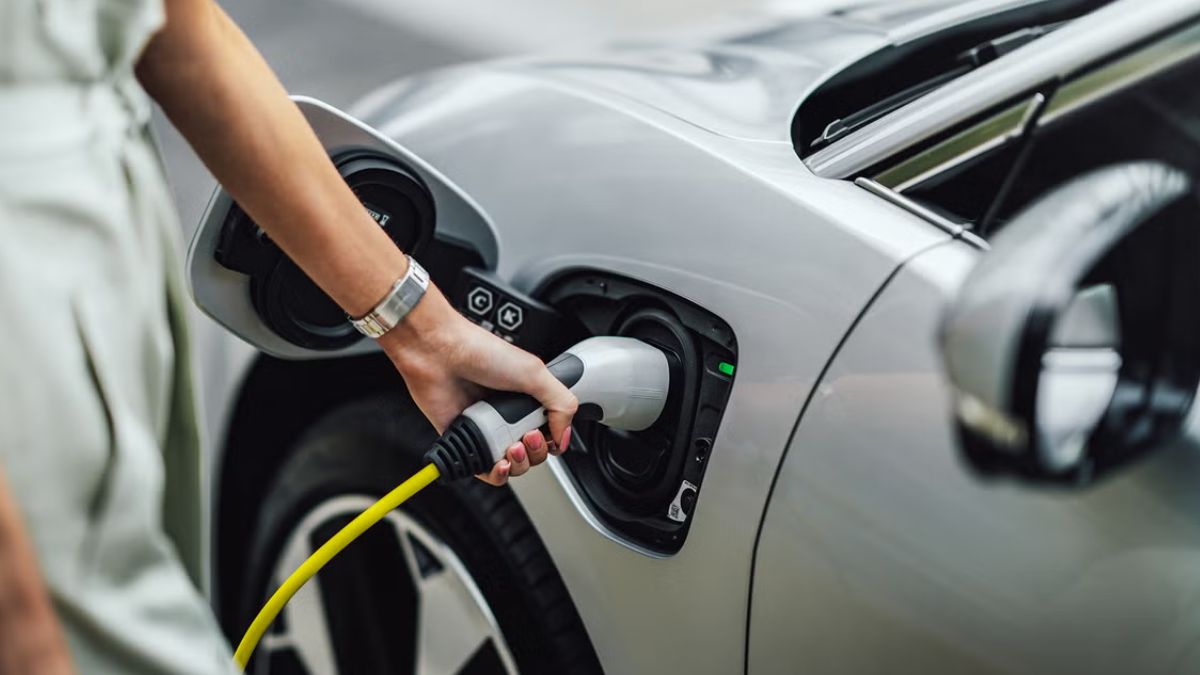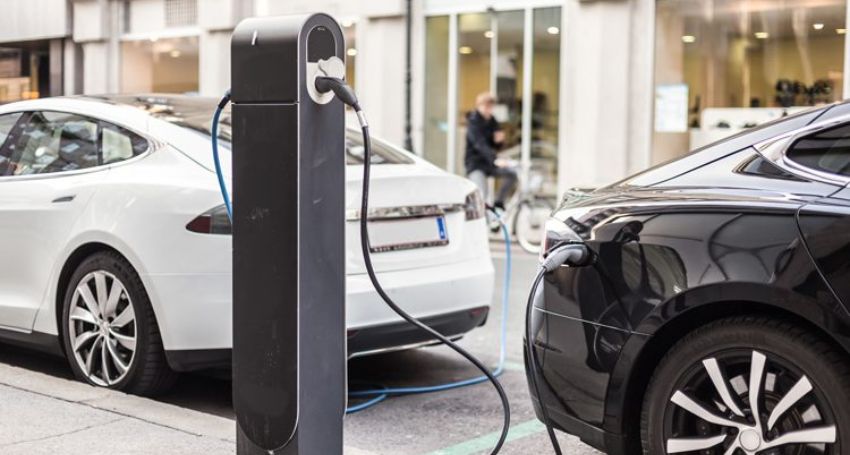
Electric vehicles (EVs) are becoming increasingly popular, but many potential buyers have one major concern: How long do EV batteries last? The longevity of an EV battery directly impacts its value, reliability, and cost-effectiveness. Understanding battery life, degradation, and how to extend the lifespan of an EV battery is crucial for current and future EV owners. This article will cover everything you need to know about EV battery life, including how long they last, factors that affect battery lifespan, and tips to extend EV battery life.
What Determines the Lifespan of an EV Battery?
The longevity of an EV’s battery depends on multiple factors, including charge cycles, thermal management, and usage patterns. Frequent fast charging and deep discharges can affect battery lifespan, while efficient cooling and heating systems help prevent battery degradation due to extreme temperatures.
How Long Do EV Batteries Last on Average?
Most modern EV batteries may last up to 40% longer than early-generation models. For instance, a Tesla Model battery is designed to last for hundreds of thousands of miles before needing replacement. Many EV manufacturers offer warranties covering batteries for 8-10 years or 100,000 miles, ensuring car buyers have long-term confidence in their investment.
Causes EV Batteries Degradation Over Time
Electric car batteries degrade over time due to:
- Frequent fast charging, which accelerates battery wear.
- Extreme temperatures, where cold weather can reduce battery performance and excessive heat can shorten lifespan.
- The number of charge cycles, as repeated charging and discharging slowly reduce battery efficiency.
How Can You Extend EV Battery Life?
To extend EV battery life, EV owners should avoid deep discharges and overcharging. Using level 2 charging instead of frequent fast charging is recommended. Parking in shaded or climate-controlled areas prevents thermal stress, and utilizing EV battery management software helps optimize charging habits to preserve battery health.
Do EV Batteries Need to Be Replaced?
While EV batteries are designed to last, a small percentage may need replacement. A new battery can cost thousands of dollars, but many EVs can still function with reduced capacity. The battery warranty ensures coverage in case of premature degradation, making replacements less of a concern for most EV owners.
Role of Battery Thermal Management in EV Longevity
A good battery thermal management system helps maintain optimal battery temperatures. It prevents overheating and excessive cooling, which can lead to degradation, and enhances battery longevity by reducing strain on the battery pack. Without proper thermal regulation, batteries degrade faster, impacting performance and lifespan.
How Do Charging Habits Affect EV Battery Longevity?
Charging habits play a significant role in battery life expectancy. Frequent full charges (100%) put stress on lithium-ion batteries, while avoiding deep discharges (below 20%) helps maintain battery health. Using EV charging stations properly and keeping charge levels between 20% and 80% can ensure the battery lasts longer.
Do Some EV Batteries Last Longer Than Others?
Newer EV batteries last longer than older EV models due to improvements in battery management systems and battery chemistries. Lithium-ion batteries used in most EVs are designed to last for many years with minimal capacity loss. Some EV models offer superior battery performance and longevity due to better thermal management and advanced battery materials.
What Are EV Manufacturers Doing to Improve Battery Life?
- EV manufacturers are investing in better battery management software to optimize charge cycles.
- Advanced battery designs are being developed to minimize degradation.
- New battery chemistries are being researched for extended battery lifespan.
- Improved battery thermal management systems are helping to prevent overheating and excessive cooling.
- Automakers are focusing on sustainable and high-efficiency battery materials to increase durability.
- Tesla and other leading brands are constantly testing and innovating to enhance battery longevity. EV manufacturers are investing in better battery management software to optimize charge cycles, advanced battery designs to minimize degradation, and new battery chemistries for extended battery lifespan. These improvements are helping EVs become more reliable and long-lasting.
Future for EV Battery Lifespan
Future developments in battery technology suggest improved battery chemistries that are gentler on the battery, more efficient battery thermal management for better performance, and a rise in EV adoption as battery performance continues to improve. As advancements continue, EV batteries will last longer, making electric vehicles a more sustainable transportation option.
Conclusion:
EV batteries are designed to last over 100,000 miles, with lifespan influenced by charge cycles, temperature, and charging habits. Proper thermal management and charging practices help extend battery life. As battery technology continues to advance, EVs will become even more efficient, making them a sustainable alternative to combustion engine vehicles.



